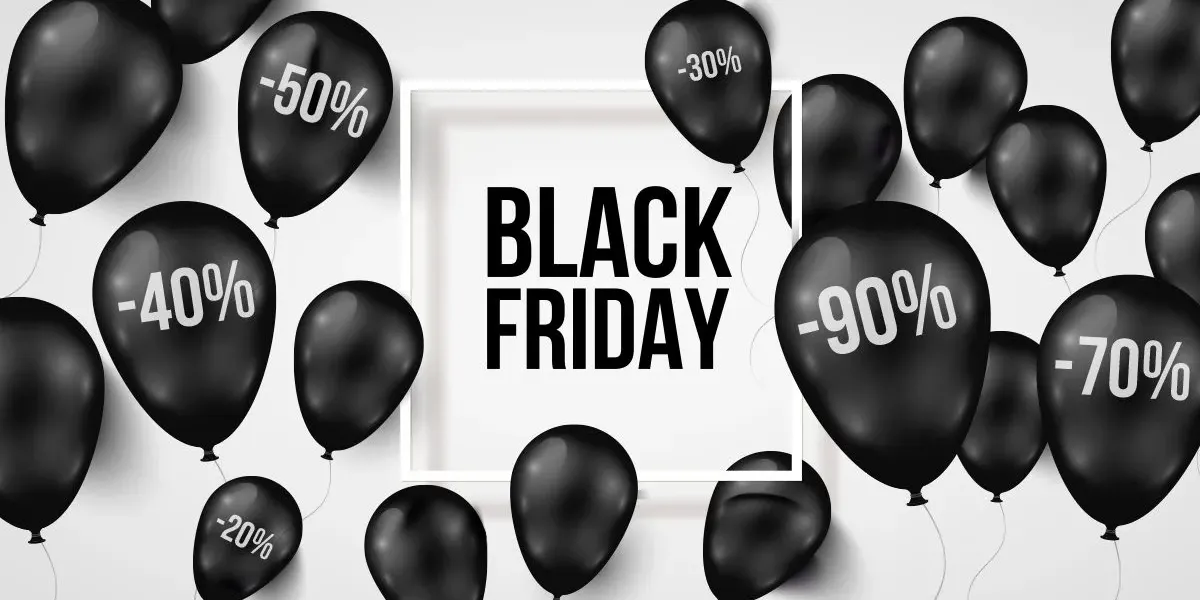The Black Friday 2020 Date: Insights, Strategies, and Impacts
Black Friday is an annual shopping extravaganza that takes place on the day after Thanksgiving in the United States. It is widely considered the start of the holiday shopping season, and retailers offer massive discounts and deals to attract shoppers. In recent years, Black Friday has become a global phenomenon, with retailers in other countries also adopting the practice. In this article, we will discuss the Black Friday 2020 date, insights, strategies, and impacts.
The Black Friday 2020 Date
The Black Friday 2020 date was November 27th. As usual, retailers began offering discounts and deals well in advance of the actual day. Many retailers started their Black Friday promotions early, in some cases as early as October. This was due to the Covid-19 pandemic, which forced many retailers to rethink their traditional Black Friday strategies and adapt to the new normal.
Insights
The Covid-19 pandemic had a significant impact on Black Friday 2020. Many consumers were reluctant to visit physical stores due to health concerns, leading to a surge in online shopping. Black Friday 2020 Date According to Adobe Analytics, online sales on Black Friday 2020 reached a record $9 billion, a 22% increase from the previous year. This trend is expected to continue in the future, as more and more consumers embrace online shopping.

Another trend observed during Black Friday 2020 was the increased focus on value and affordability. Consumers were more price-sensitive than ever before, with many searching for the best deals and discounts. Black Friday 2020 Date Retailers responded by offering deep discounts, free shipping, and other incentives to attract price-conscious shoppers.
Strategies
Given the impact of the pandemic on Black Friday 2020, retailers had to rethink their traditional strategies. Many retailers shifted their focus to online sales, offering exclusive online deals and promotions. Black Friday 2020 Date Some retailers also offered curbside pickup and other contactless options to cater to shoppers who preferred to avoid physical stores.
Another strategy adopted by retailers was the use of social media and influencer marketing. Many retailers partnered with influencers and social media personalities to promote their Black Friday deals and products. Black Friday 2020 Date This strategy helped to increase brand awareness and attract younger consumers who are more likely to shop online.
Impacts
The impact of Black Friday 2020 was significant for both retailers and consumers. For retailers, the pandemic forced them to adapt to the new normal and shift their focus to online sales. Many retailers reported record sales during Black Friday, despite the challenging circumstances. For consumers, Black Friday offered a chance to save money on their holiday shopping and take advantage of deep discounts.
However, the impact of Black Friday was not entirely positive. The surge in online shopping and home deliveries led to increased pressure on logistics and transportation systems. This, coupled with the pandemic, led to delays and disruptions in the supply chain, resulting in some consumers experiencing delayed deliveries and stock shortages.
Black Friday 2020 was a unique and challenging experience for retailers and consumers alike. The Covid-19 pandemic forced retailers to rethink their traditional strategies and adapt to the new normal, leading to a surge in online shopping and increased focus on affordability and value.
Despite the challenges, Black Friday 2020 was a success for many retailers, with record sales reported. As we move forward, it is clear that Black Friday will continue to evolve, with retailers adopting new strategies and technologies to attract consumers and stay competitive.

















